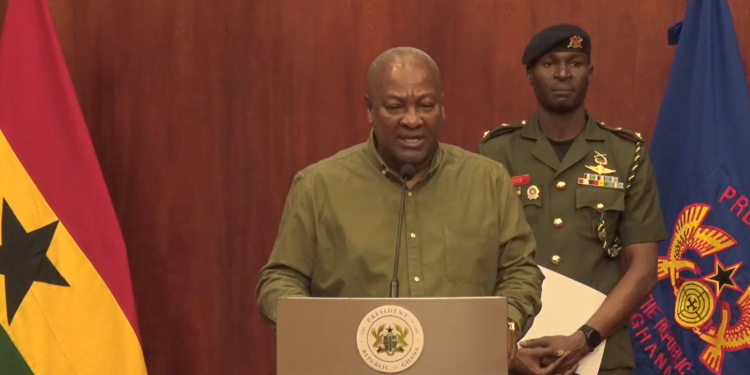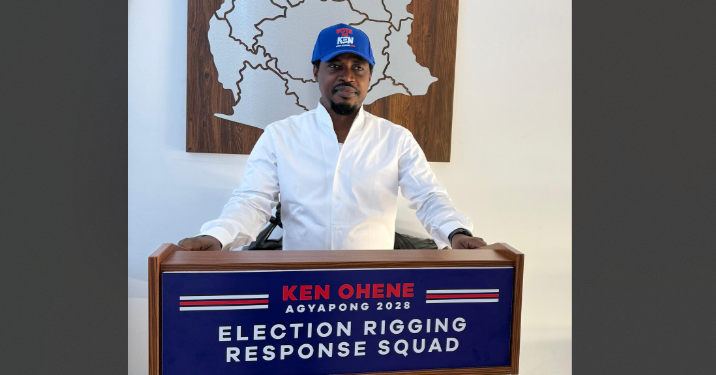The Ghana Police Service said Saturday they have rescued 60 victims of human trafficking as part of a two-week nationwide and cross-border crackdown on organized trafficking networks.
The operations, carried out by the Ghana Police Service between Sept. 5 and Sept. 19, led to the rescue of 41 foreign nationals within Ghana and 19 Ghanaian citizens who had been trafficked abroad, according to the Director General of the Criminal Investigations Department, Commissioner of Police Lydia Yaako Donkor.
“All victims have been referred to appropriate agencies for rehabilitation and reunification with their families,” Ms. Donkor told reporters at a press briefing in Accra.
The coordinated efforts reflect an escalating campaign by Ghanaian law enforcement to disrupt trafficking syndicates and deter exploitation. The Police Service said the operations were driven by intelligence and were part of a broader national strategy to combat trafficking in persons.
Ms. Donkor warned the public to exercise caution when responding to employment offers, particularly those requiring travel through multiple countries, which she said is a common red flag.
“No legitimate recruitment agency will ask individuals to travel by road across several borders as part of a job placement process,” she said.
The police reiterated that the recruitment or transportation of individuals under false pretenses constitutes a criminal offense. Authorities pledged to pursue and prosecute traffickers to the full extent of the law.
Ghanaian officials also called on trafficking survivors and members of the public to report trafficking incidents and share information that could aid investigations.
“This fight requires a collective effort,” Ms. Donkor said. “Families, communities, and survivors all have a critical role to play in preventing others from falling victim to these criminal enterprises.”
Ghana, a source, transit, and destination country for human trafficking, has faced persistent challenges in tackling the illicit trade, which often targets vulnerable populations with promises of work or education.
The latest operations mark a significant effort by local law enforcement to dismantle trafficking routes and improve protections for at-risk individuals.













